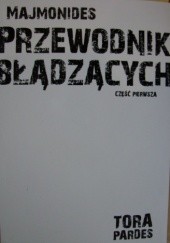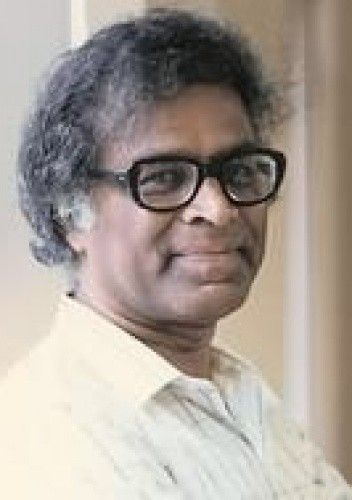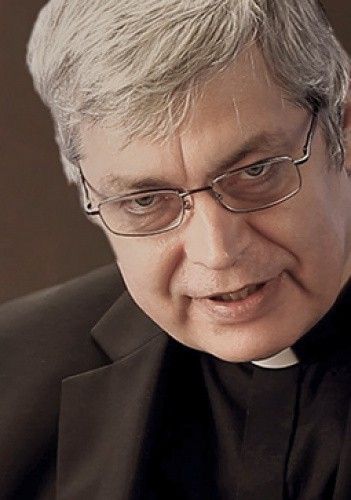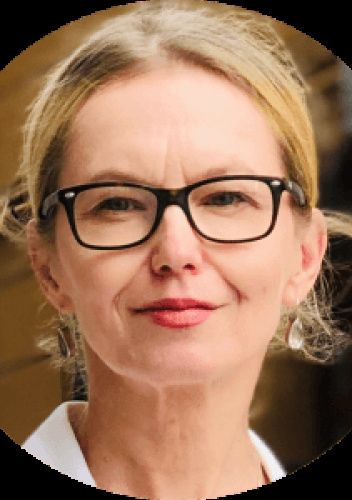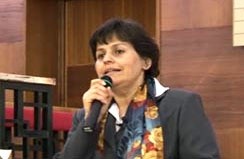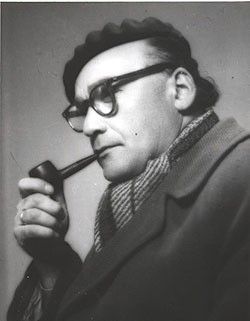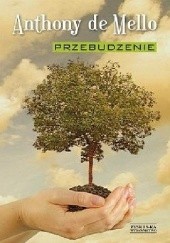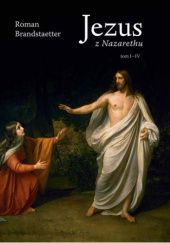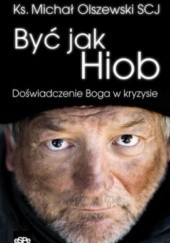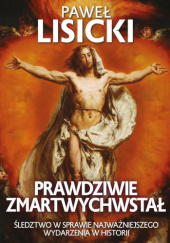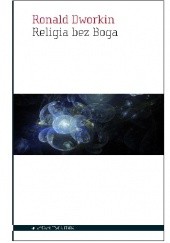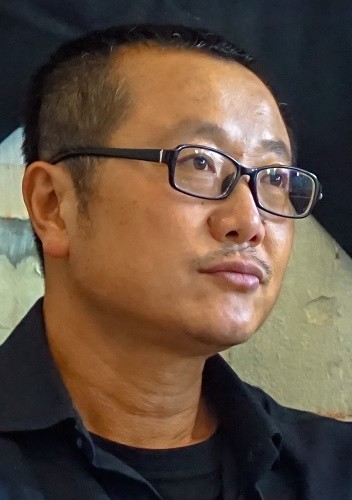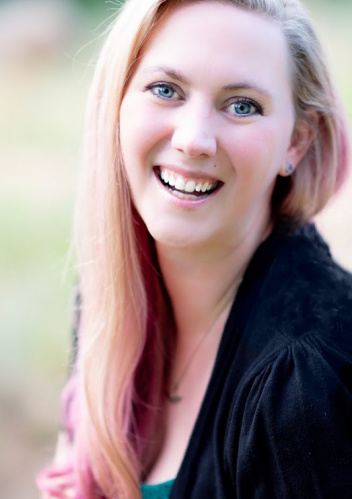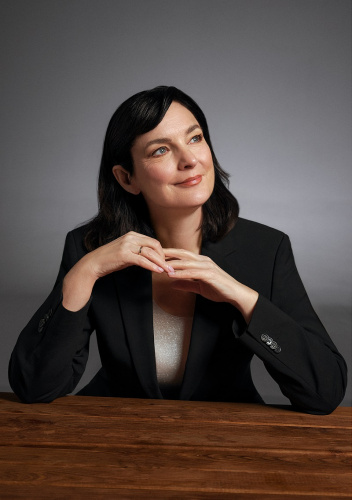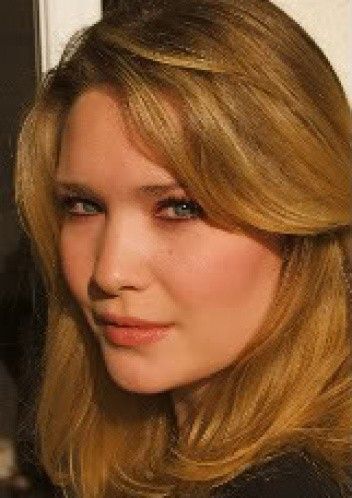Najnowsze artykuły
 Artykuły„Nowa Fantastyka” świętuje. Premiera jubileuszowego 500. numeru magazynu
Artykuły„Nowa Fantastyka” świętuje. Premiera jubileuszowego 500. numeru magazynu Ewa Cieślik4
Ewa Cieślik4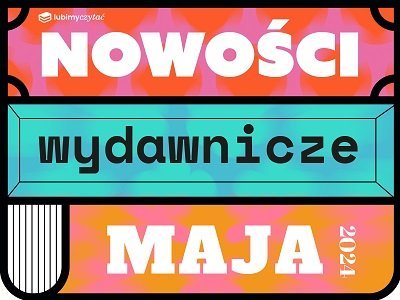 ArtykułyMaj 2024: zapowiedzi książkowe. Gorące premiery książek – część 2
ArtykułyMaj 2024: zapowiedzi książkowe. Gorące premiery książek – część 2 LubimyCzytać4
LubimyCzytać4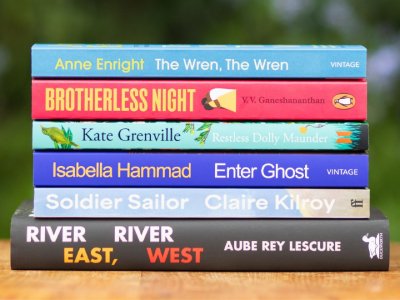 ArtykułyTo do tych pisarek należał ostatni rok. Znamy finalistki Women’s Prize for Fiction 2024
ArtykułyTo do tych pisarek należał ostatni rok. Znamy finalistki Women’s Prize for Fiction 2024 Konrad Wrzesiński9
Konrad Wrzesiński9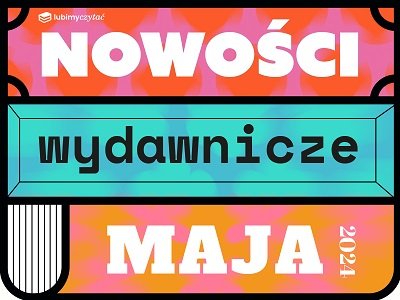 ArtykułyMaj 2024: zapowiedzi książkowe. Gorące premiery książek – część 1
ArtykułyMaj 2024: zapowiedzi książkowe. Gorące premiery książek – część 1 LubimyCzytać14
LubimyCzytać14
Popularne wyszukiwania
- Polecamy
Majmonides
 17,3/10Pisze książki: religiaRabin Mosze ben Majmon , urodzony w Kordobie 30 Marca 1135 r. a zmarły 13 Grudnia 1204 w Kairze, na którego nagrobku w Tyberiadzie umieszczono kunsztowny i wiele mówiący napis: "Od Moszego do Moszego nie ma nikogo jak Mosze", znany jest w świecie żydowskim jako Rambam, a w świecie nieżydowskim jako Majmonides. Uznawany jest nie tylko za najwybitniejszego żydowskiego myśliciela swej epoki, ale przydaje mu się również miano największego żydowskiego filozofa7,3/10średnia ocena książek autora7 przeczytało książki autora66 chce przeczytać książki autora1fan autoraZostań fanem autoraDyskutuj o autorze
17,3/10Pisze książki: religiaRabin Mosze ben Majmon , urodzony w Kordobie 30 Marca 1135 r. a zmarły 13 Grudnia 1204 w Kairze, na którego nagrobku w Tyberiadzie umieszczono kunsztowny i wiele mówiący napis: "Od Moszego do Moszego nie ma nikogo jak Mosze", znany jest w świecie żydowskim jako Rambam, a w świecie nieżydowskim jako Majmonides. Uznawany jest nie tylko za najwybitniejszego żydowskiego myśliciela swej epoki, ale przydaje mu się również miano największego żydowskiego filozofa7,3/10średnia ocena książek autora7 przeczytało książki autora66 chce przeczytać książki autora1fan autoraZostań fanem autoraDyskutuj o autorze Sprawdź, czy Twoi znajomi też czytają książki autora - dołącz do nas
Sprawdź, czy Twoi znajomi też czytają książki autora - dołącz do nasKsiążki i czasopisma
- Wszystkie
- Książki
- Czasopisma
Autorzy piszący podobnie
Popularne w kategorii książek autora
Popularni autorzy


















